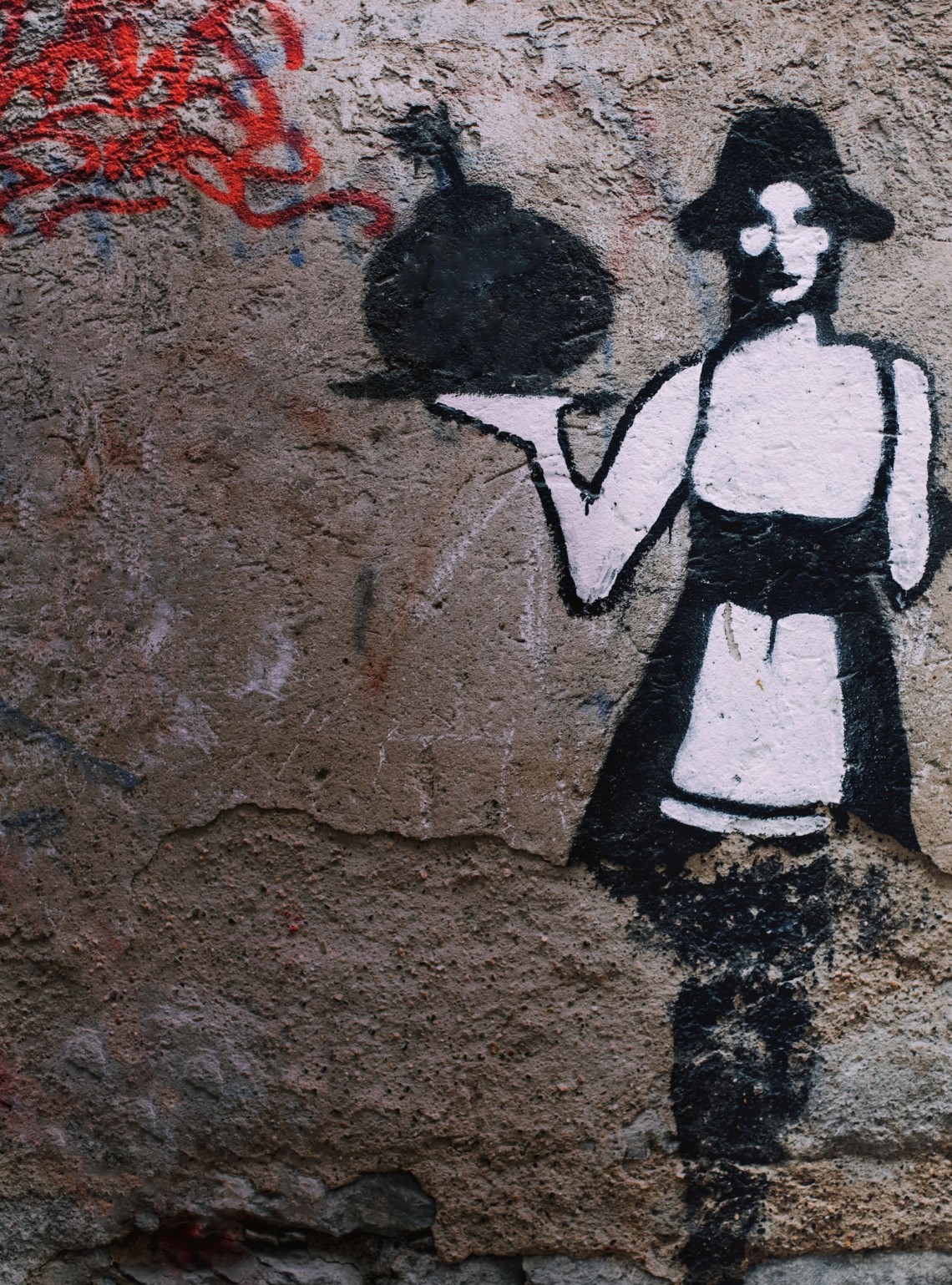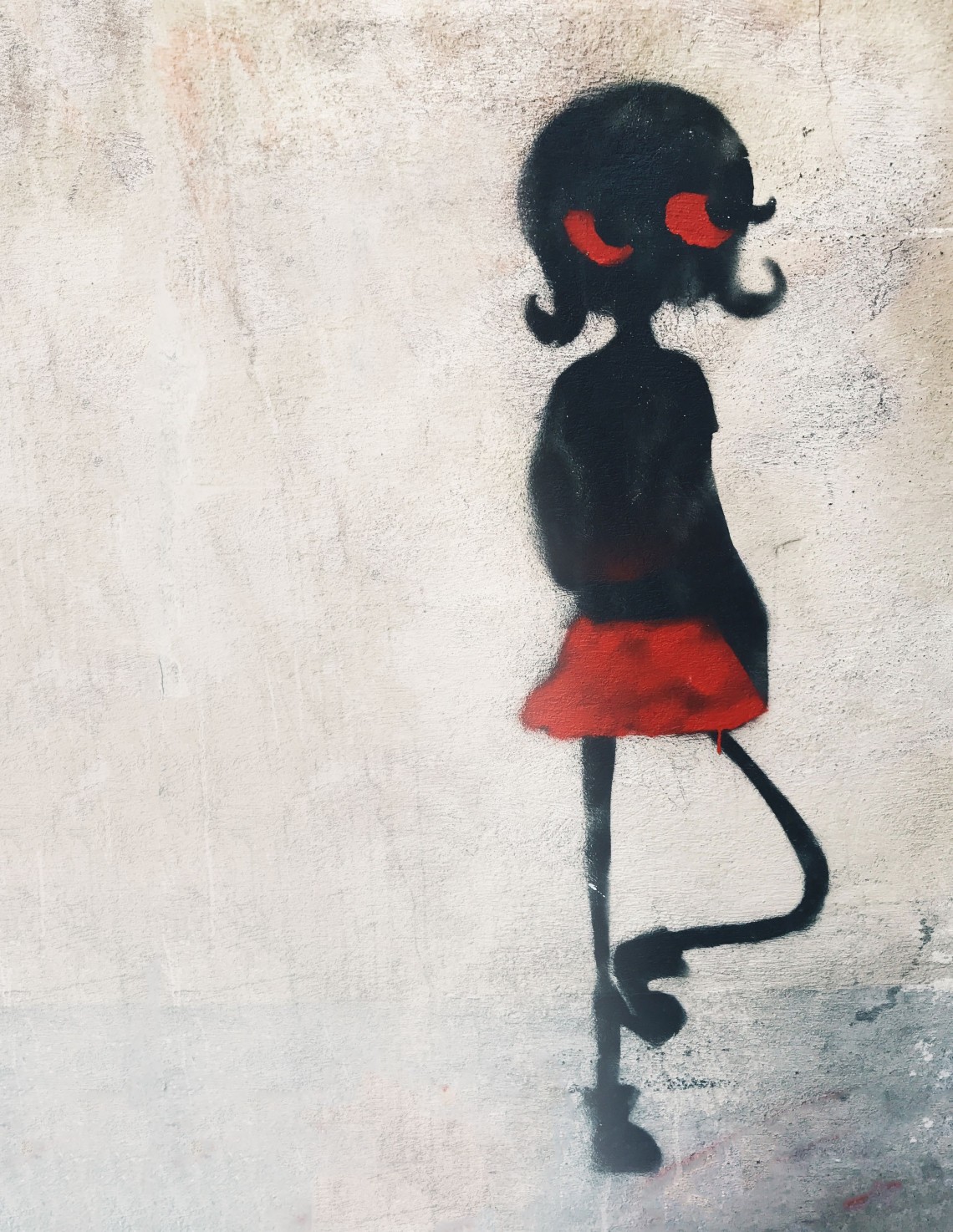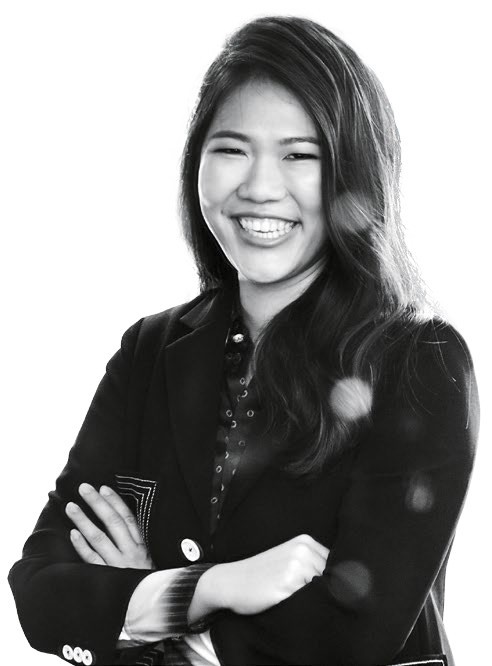Their voices are loud and clear.



AN EX-KPOP IDOL ON YOUTH PRESSURE AND BODY IMAGE
Actress Tasha Low, 26, on how she overcame poor self-esteem and regained confidence after her stint as a K-pop artist.
Millennials often preach self-love, but I don’t think we truly understand what it means. Instead, we criticise our bodies: too fat, too skinny, too muscular or too curvy.
All these have brought about endless body image issues, poor self-esteem and online bullying.
I used to be chubby. Then, my peers would tell this “fatty” to go on a diet. I began to loathe myself, and I stopped snacking and took up more dance classes
While I lost weight, the scars never went away and it later sparked a series of body image issues that affected me as an adult. It wasn’t until years later that I finally learnt how to love myself.
I spent four years in South Korea as a K-pop idol with the now-defunct group Skarf.
It was a dream come true. Dance is very much part of me. I was born into a family of ballroom dancers. My greatgrandfather was Low Poh San, who introduced ballroom dancing to Singapore, and my parents are also accomplished ballroom dancers.
The time I spent as a K-pop idol was gruelling. While I enjoyed performing, the pressure was tremendous. My daily routine included practising up to 17 hours a day with my bandmates. There were (strict) rules to keep.
My manager took my weight every day to ensure that I was consistently losing weight. I couldn’t enjoy different foods, as I was put on a diet of mainly fruits and sweet potatoes. No meat, rice and bread, so they say.
I was tired, but I followed the rules. I saw it as a stepping stone to pursue a career in the entertainment industry. Inevitably, I allowed myself to be controlled by the unrealistic beauty standards.
Despite keeping in shape, I was pressured by the intense scrutiny on weight issues. I saw my industry peers being fat shamed online and that added on to my stress levels, as I was afraid of being the next victim. Yet I didn’t realise what was happening was wrong.
After leaving the K-pop industry in 2018, I was lost and even worked as a sales manager at a wholesale food company in Korea. I wanted to continue performing so I returned to Singapore.
I managed to receive callbacks from casting directors and that helped me regain my confidence. This time, I scored roles in local dramas and films that didn’t require me to fit into a size zero.
That’s not to say that I’m back to my old ways of incessant snacking. I’ve been more conscious of my health ever since. I’m also more aware of my mental wellness. Haters don’t get to me anymore.


YOUTH CLIMATE ACTIVIST OF SG CLIMATE RALLY ON WHY WE SHOULD BE CONCERNED ABOUT THE WORLD WE LIVE IN.
Lad Komal Bhupendra, 20, says youths of Singapore can make a difference when it comes to climate change.
I’m genuinely worried about the world we live in – present and future. And especially when reading about the heatwaves, raging wildfires and melting ice caps happening in the Arctic, and areas like Siberia, Alaska and Greenland engulfed in flames.
It spurred me to do something about it. So last year, I embraced my role as an Environmental Sciences major (at the National University of Singapore), and founded SG Climate Rally (SGR) with other youths.
My aim is to get more people, especially young adults, to understand the devastating effects of climate change, and to spread the word. In turn, they can also provide feedback to our government to do more in slashing emissions on a policy level. Singapore might be a small country, but I believe we can make a difference.
To get the ball rolling, we organised the first SGR event, the first of its kind in Singapore, at Hong Lim Park last September. I was moved to see about 1,700 people, mostly youths, show up. We held activities like talks, a picnic and postcard-writing session, where participants were encouraged to send notes urging stronger climate action to their representatives in Parliament and government officials.
But the work doesn’t end there for us. I’m excited about the initiatives that we’ll be rolling out next to achieve our goals, such as public education outreach, and workplace sustainability campaigns.
You might ask why youths play a crucial role in making this world a better place? Well, we are our future. According to United Nations reports, there are 3.5 billion people under 30 living on the planet, which makes half of the population. About 1.8 billion people are young adults aged 15 to 24. Half of all youths are residing in developing countries.
We’re the most well-educated generation in history, with the highest numbers when it comes to literacy, entrepreneurship and social engagement.
Some might ask if one person can help spread the word on the global climate crisis. My answer is “Yes, you can”.
To understand the issues of climate crisis, we can first learn more about it through various channels. Then engage your friends and family, and approach people at the workplace, education institutions, and communities.
We should never stay silent, because as Napoleon Bonaparte once said: “The world suffers a lot, not because of the violence of bad people, but because of the silence of good people.”


LONELINESS CAN BE HARD TO ADDRESS BECAUSE NO ONE WANTS TO ADMIT IT.
As pioneers of instant communication, millennials have been conditioned to fear being alone. Writer Hayley Tai, 24, delves into why a generation of social media natives feels so isolated.
We millennials have more friends than ever. It may seem ludicrous that a generation that grew up in the “social” world, with a rolling feed of Facebook, Snapchat and Instagram, would struggle with loneliness.
I was trapped in this bubble in my late teens. I spent 90 per cent of me-time on Instagram, posting multiple selfies in a week and liking all the posts on my feed. That earned me “likes” and some 200 followers, and the constant notification pings fed my increasing appetite for attention. I had sold my soul to Instagram.
Liking and commenting on each other’s pictures became the new way to display friendships. I craved that superficial interaction when my first selfie hit 100 likes. It gave me a high – the sort of feeling when a geek-girl gets the attention of the popular boy in school. But alas, that was as far as it got me.
Japanese author Haruki Murakami observes the effect of self-induced loneliness in his novel Sputnik Sweetheart, where he writes: “Millions of people in this world, all of them yearning, looking to others to satisfy them, yet isolating themselves.” Simply put: Our reliance on others to find meaning in life is the root of our own isolation.
We need to see the limits of social media. While technology has transformed our lives, and mostly for the better, it’s not a panacea.
Loneliness can be hard to address because no one wants to admit that they’re lonely. It’s a taboo, especially for those with a friend-count that’s ostensibly in the thousands. This is the problem: Social media exploits users’ weaknesses to keep them glued to their screens, despite all its virtues.
Millennials have been especially vulnerable to it, often creating an illusory impression of connection on these platforms.
When I went to university, I “broke up” with Instagram to fly “solo”. Eventually, I weaned myself off my unhealthy social media addiction. I made organic friendships through classroom discussions, taking the first step to introduce myself. Being alone (without a digital safety net) made me more confident. I was able to function independently.
While I haven’t renounced social media entirely, I’ve come to accept that there are moments when the mind is silent. I’d check in online whenever I feel the occasional FOMO (fear of missing out). Otherwise, I’d lie back and enjoy the lull of solitude. Being in the comfort of my own thoughts is a privilege, because it means that I’ve found a safe space to be 100 per cent me, in a time of social conformity.


MILLENNIALS AREN’T LAZY, WE’RE JUST SUPER EFFICIENT.
Annabelle Kwok, 27, CEO of AI firm Neuralbay says working smart is having a strategy to manage time, and energy to finish a packed to-do list to yield a better quality of work without burning out.
Today, young leaders are given more opportunities and put into high positions at a very young age. Greta Thunberg, Sanna Marin, or just look at the founders of the hottest unicorn start-ups around you! We belong to the world of technology, bringing in better and faster ways of getting things done. Period.
But with so many things expected of us, how will we manage our checklist of to-dos without losing our sanity?
Now, think of life as a game where you have 24 hours to complete all the things you want or have to do. Like any game, it has rules and to win, you’d need a strategy. Yes, you heard me.
The most common strategy is maximising every second of the day because time is precious! Even if you secretly take pride in a packed schedule, it’s the cool thing to complain to your friends about how busy you are. Plan your time carefully as you’d arrange (and rearrange) items in your Google calendar, and scheduling a “tentative” lunch with a group of friends becomes a skill set.
The lesser-known strategy (the one that I live by!) is to manage energy instead of time. Unlike time (limited resource) that isn’t reversible, you can recharge whenever you want.
To manage energy, you need to build up your awareness of what energises and de-energises you. For example, these could be people, activities, food, environments, or just thoughts. Then, start planning how to maximise or minimise contact, so you’re in more control over the external factors that influence your mood.
Note: It’d be good to have a bag of tricks that you can pull out when you need that instant hit of energy. Maybe something as simple as texting a friend, or measuring out a 100mg dosage of caffeine from powdered preworkout mixes.
The second thing is: Be okay with wasting time. Some of the best things that give you a top quality recharge stems from what society regards as highly “unproductive”, like long baths.
Now, telling Singaporeans that it’s okay to relax on weekdays is going to feel unnatural, but trust me, the quality of work you produce will more than make up for the loss of time bumming around. When you create space for yourself, you’ll get a higher frequency and quality of eureka moments. With practice, you can get at least two or three “a-ha!” moments in a week (probably much more productive than an endlessly packed schedule).
Work smart. Trust that your subconscious is working for you even when you’re wasting time scrolling through photos of fluffy animals on Instagram. In physics, power is calculated by dividing work done by time, but it can also be defined as the rate at which energy is used (the unit of measurement for power is joules per second). More often than not, we focus too much on the quantity of work done within 24 hours, and end up getting burnt out by the end of the day.


WE SEEK LOVE WITH ROSETINTED LENSES IN A LESS-THANPERFECT WORLD.
Writer Cheong Wen Xuan, 23, on why love isn’t a picture-perfect postcard.
I was excited at the prospect of meeting a close friend’s new boyfriend when she invited me for dinner. She had been going on about him for weeks after meeting him on Tinder. I heard all about his career and wicked sense of humour.
Lucky girl, I thought. But he was nothing like she had described. He was shorter than she was and as tall as Elijah Wood (known for his role as hobbit Frodo Baggins in The Lord of The Rings). He also left his humour and manners at home.
Yet my girlfriend was clearly smitten – and blind. It took me a will of steel not to snigger while she fawned over Prince Charming who, in the eyes of the rest at the table, was clearly a caecilian. One who brushed off her public display of affection with a scoff and dismissive wave of his hand.
Somehow, the first flush of love had kitted out her eyes with rose-tinted glasses. She later confessed that she was infatuated with the idea of being in love – and coupled with a man whom she felt was her equal.
As digital natives, some of us have foolishly become cattle of misguided romantics who turn to social media for inspiration and affirmation. “Aww, aren’t they just perfect?” my girlfriend admired an Instagram post of a couple-friend on a dreamy vacation. “OMG, she’s going out with so-and-so… her life is sorted!”, she continued in the text message. “I want that too…:(”
Compare that to my mum’s generation (she’s 52 and a Gen X-er). Her attitude towards love was a lot simpler back then, when a partner meant someone whom she could connect with emotionally, and was deeply in love with.
Millennials often romanticise what we see, perpetuating a fantasy of a “perfect” relationship when we think we’ve found The One – without so much as going beyond the surface as the relationship deepens. We’re picky, but sometimes for the wrong reasons.
I should know: I was an offender. I still squirm at the thought of dating someone whom I thought was The Perfect One. He took me clubbing and I accidentally spilled my cocktail on his $200 designer tee. He refused to speak to me for the rest of the night, and rather than being appalled by the ungentlemanly behaviour, I stupidly decided it was my fault (After that, my friends swore that I’d never marry anybody without their written consent).
The attempt to destroy such delusions can be fortuitous. Some use misaligned horoscopes to justify break-ups. “He was a Scorpio… it was never going to work,” a friend lamented. Then, it’s straight back to Tinder to swipe her way to the next romance, which would end as quickly as it began – like a meaningless cycle.
It’s not that we don’t believe in love, we do, perhaps a little too fast and too much in other people’s fairy tales that we ignore the blood, sweat and tears that come with a deeper relationship – the disagreements, compromises, the less-thanperfect.
When we always have a barrage of love interests at our fingertips, we take things for granted in a real emotional partnership. I went through potholes and valleys to make mine work. That happened when I finally unplugged, stopped comparing and having unrealistic standards in a lessthan-perfect world.























